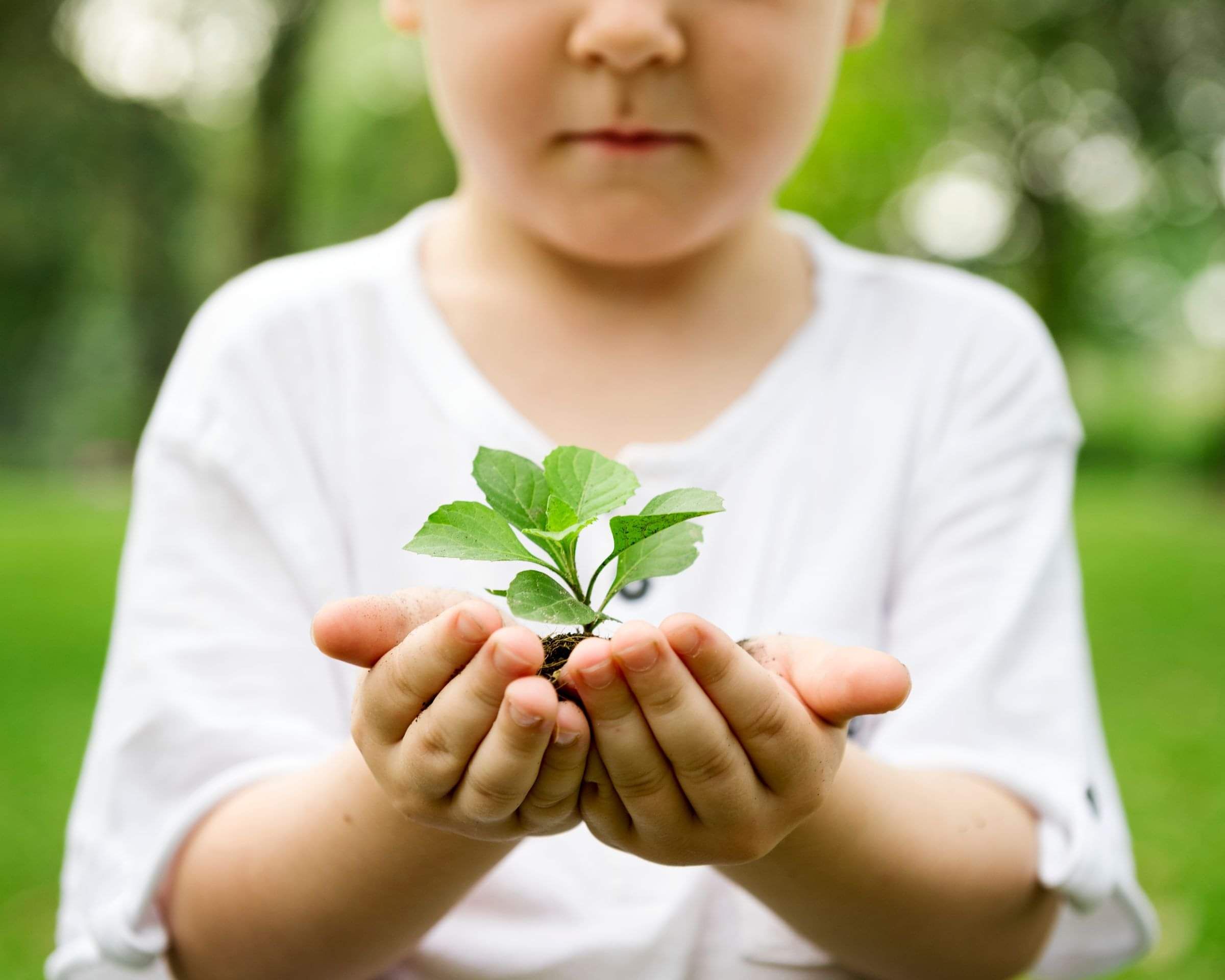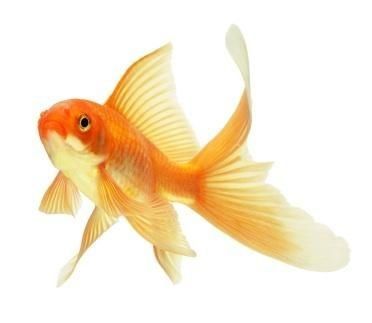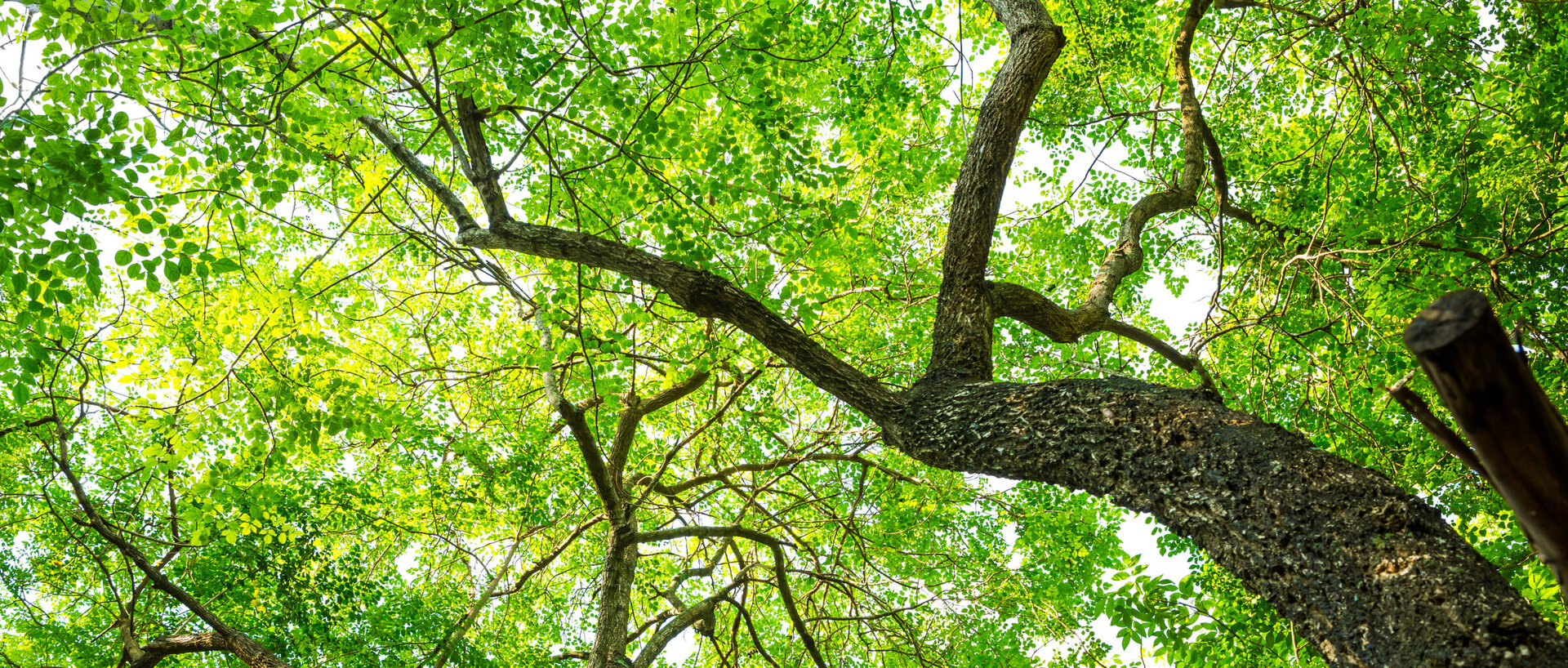Practical steps
There are two aspects to the way we approach sustainability at Red Kite: what we teach our children, and what we do ourselves.
Through our interest topics, stories and activities, we teach children to love and respect nature. Through our actions as adults, we actively consider how we can reduce our footprint and make choices accordingly. These flow through into the routines we follow and the products we use at our school. This is a process of continuous improvement and we know we can make further positive impact on our practices as time goes on - but here's what we're doing so far.

Centre pets
Part of our commitment to teaching children about the natural world and the creatures that inhabit it is our centre pets. Children love to feed and care for our fish and in doing so, can experience how rewarding this is. They can also begin to develop a sense of responsibility for and understanding of other living creatures.

Recycling
We're pretty avid recyclers at Red Kite and we don't throw too much away! Cardboard boxes from deliveries have an amazing second life with children, who usually pounce on them as soon as they come through the door - empty or full! Recently we made a giant waka out of recycled cardboard, but boxes also get used as places to play hide and seek, pretend cars and train carriages, places to sit on a cushion and look at a book - the possibilities are endless.
We also have recycling boxes "out back" in our laundry and staff areas, and that's where the less interesting items that we can't reuse end up. We also have a fun recycling game that helps children learn about these concepts.
Rubbish and shopping bags
We've moved to using compostable bin liners, away from ordinary plastic pedal bin liners. These are used in our kitchen areas and also for the waste bins around the centre. We don't line office bins, just ones that really do need it, and we avoid single use plastics wherever possible.
Our supermarket shopping is done with some trusty reusable shopping bags, and the weekly trip to the supermarket is dovetailed in with other chores to keep unnecessary mileage down.
Heating
Fortunately our Auckland winters are not too long or too cold, and we often find by late morning that it's warm enough to play outside. When it's not and we're stuck indoors, our primary source of heating is our heat pumps. We do supplement these with other heating in the form of electric heaters a couple of times a day, to get our sleeping quarters warm before children take their naps, and at opening time to warm up the area where our early starters congregate for breakfast in the mornings.
Baby wipes
As you can imagine, we get through a lot of these! The first thing we did on taking over from the previous owners was to change the type of wipe used to a compostable organic brand. We use bamboo wipes which are capable of biodegrading fully after one month in soil.
Paper hand towels
These are useful things but it's possible to go through an awful lot of 'em! and even if they are made of recycled materials, because they are made to be tough and not tear easily, they don't biodegrade too quickly either. We feel paper towels are necessary in our children's bathroom to help stop germs from spreading. We have experimented with recycled paper towels that fit the dispensers we inherited as centre fittings, but the brand available didn't dispense well. The towels tore easily, with the result that children were pulling out twice as many - sigh! We have returned to standard paper towels for the time being and raised the issue with our supplier, who is looking for a better performing product for us.
Organic waste
Thankfully we don't generate a lot of organic waste. That we do produce is mostly fruit skins, apple cores and a small amount of leftovers from children's lunches and cooking days. We're not keen on putting organic matter into the rubbish, so any food waste goes into a compost bin.
Laundry and dishwasher detergents
Surprise - we do quite a lot of laundry and dishwashing too! On the laundry side, we wash on a cold setting with an eco-friendly laundry detergent. Right now we're using Earthwise, which is a powder packaged in cardboard - hurrah. For children's towels and bedding we do add a dose of Canesten Laundry Rinse as a hygiene precaution. We try to wash with full loads to minimise wasted water and energy, and we line dry when we can or - ahem - hang items up to dry overnight when we lock up in the evening. We do have a tumble dryer on hand for when we need it - but it's not our first choice.


